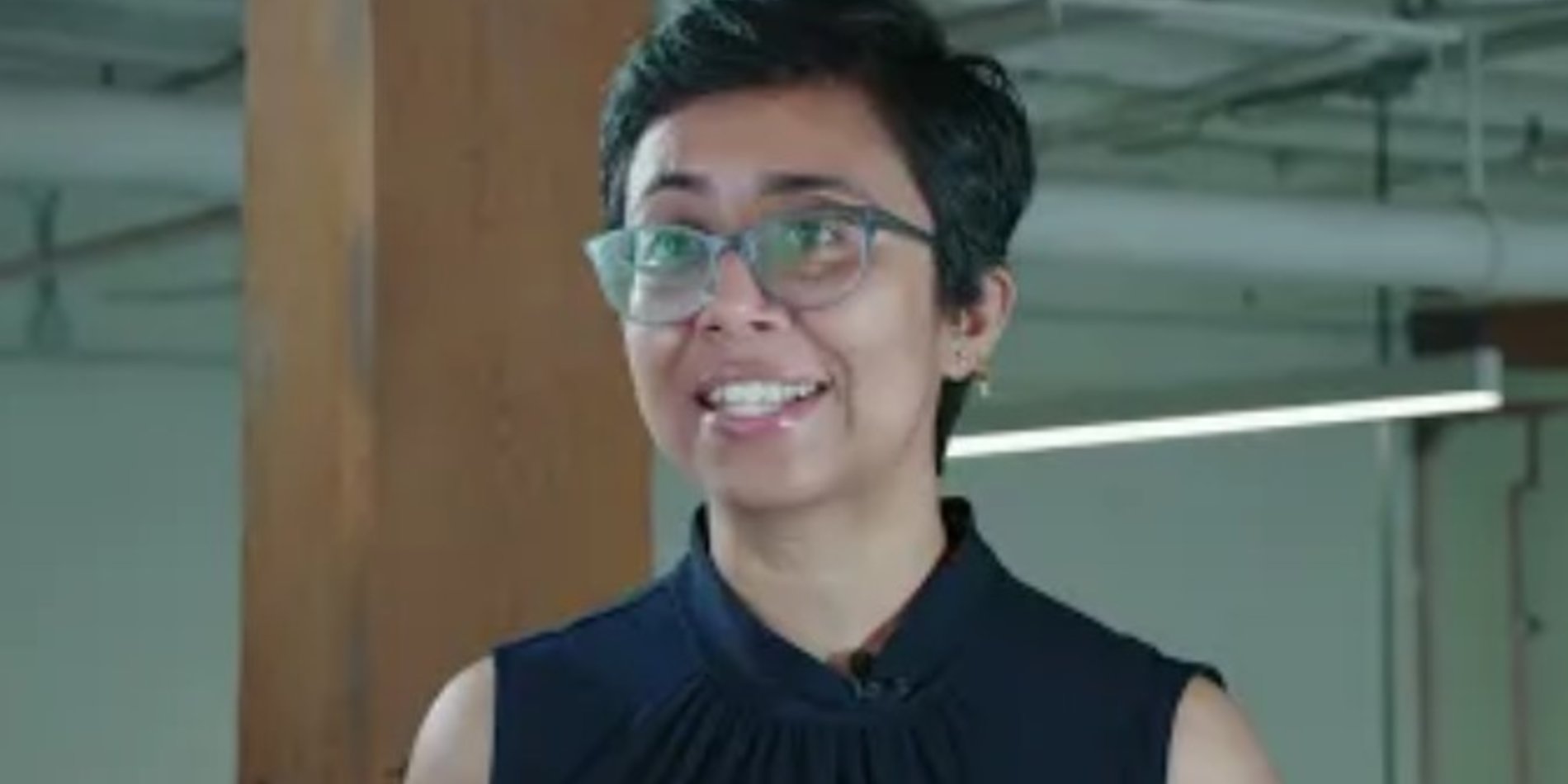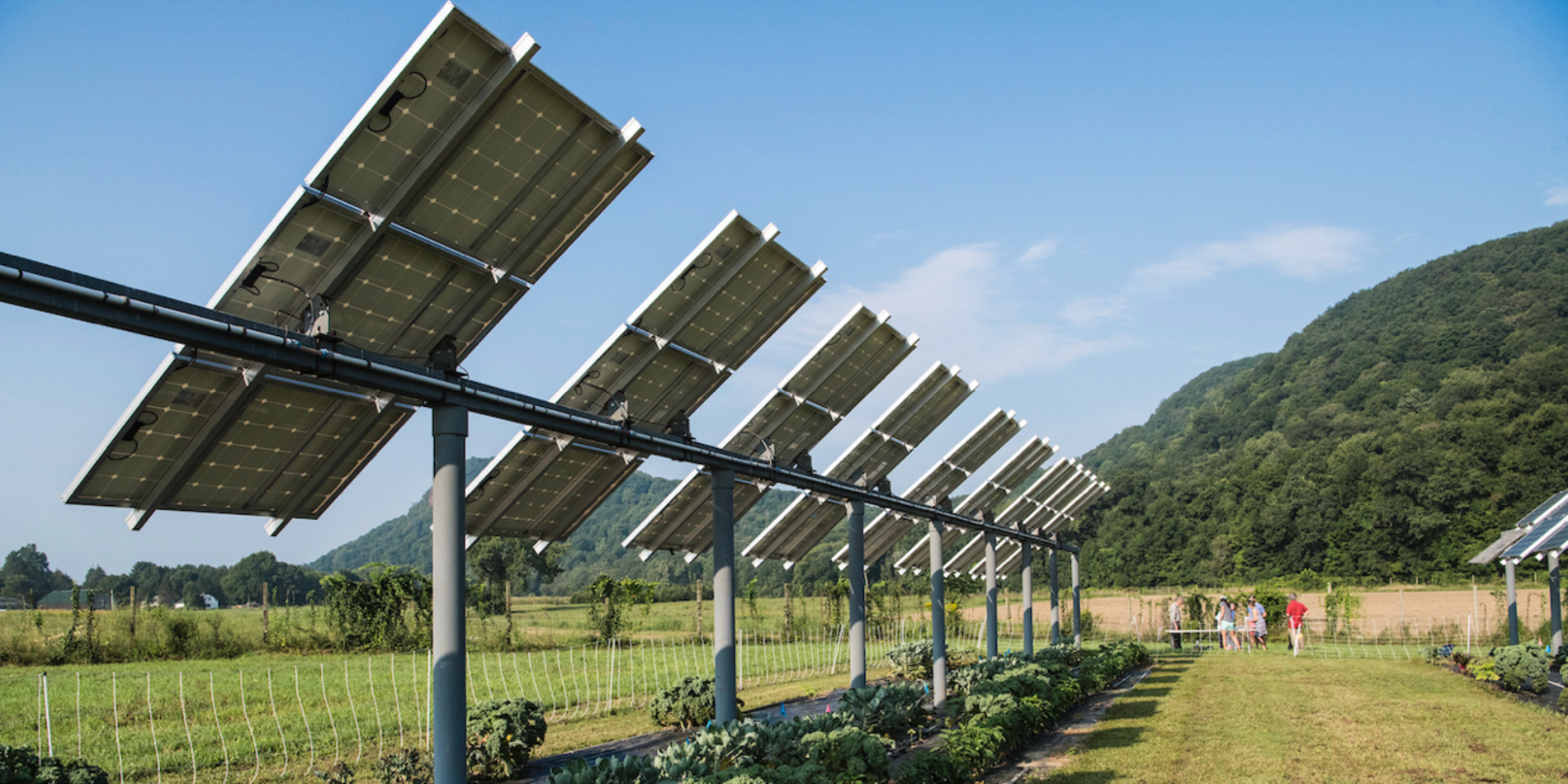Diving Deep into Plastic Waste

Despite numerous well-meaning initiatives and programs, plastic waste continues to negatively impact our world by polluting ecosystems, accumulating in landfills, and contributing large volumes of greenhouse gas emissions. The projected doubling of plastics production in the next few decades will render the situation untenable if drastic and decisive action is not taken. The problem has become more acute in the United States and California in particular since China’s 2017 ban on imported waste.
Every summer, the TomKat Center and the Haas Center for Public Service supports a team of undergraduates through the Energy Impact Fellowship Program to work on a sustainable energy project with significant social impact. In the summer of 2021, they funded a team of five impact fellows to tackle the crisis of plastic waste. Even though the program had to be performed virtually this year, the team conducted a comprehensive study that spanned the technical, economic, practical and regulatory barriers to increasing the effectiveness and efficiency of plastics recycling in California with a particular focus on strategies to reduce pollution, landfill waste, and exports to vulnerable regions.
“This year’s Fellows focused on one of the major environmental problems of our time, one that impacts every living thing on the planet” said TomKat Center’s Brian Bartholomeusz who supervised the project. “They brought a very diverse set of backgrounds and viewpoints to bear on a very complex global issue and arrived at very thoughtful and insightful conclusions and recommendations that they have communicated to a broad set of relevant stakeholders”
“This was my first research project and I have learned so much about an entire industry.” said Robert Hurley ‘23.
“It also showed me that a small group of people has the ability and potential to make great changes in the world even while sitting at home.”
They interacted with a broad range of professionals and experts from Federal and State Agencies, advocacy and industry groups and the waste and recycling industry as part of the project. The outcome was a far-reaching report and a set of policy recommendations that they hope will highlight and help address some of the deficiencies in the current set up.
TomKat Fellow Julia Hok ‘23 agreed that working on this project provided a unique experience, “I entered college intending to be an environmentally conscious mechanical engineer. As time progressed, I became politically conscious and developed a desire to make not only a social impact, but overall to engage with really important issues as thoroughly as possible. The TomKat Energy Impact Fellowship was perfect for this, especially as my first research experience.”



